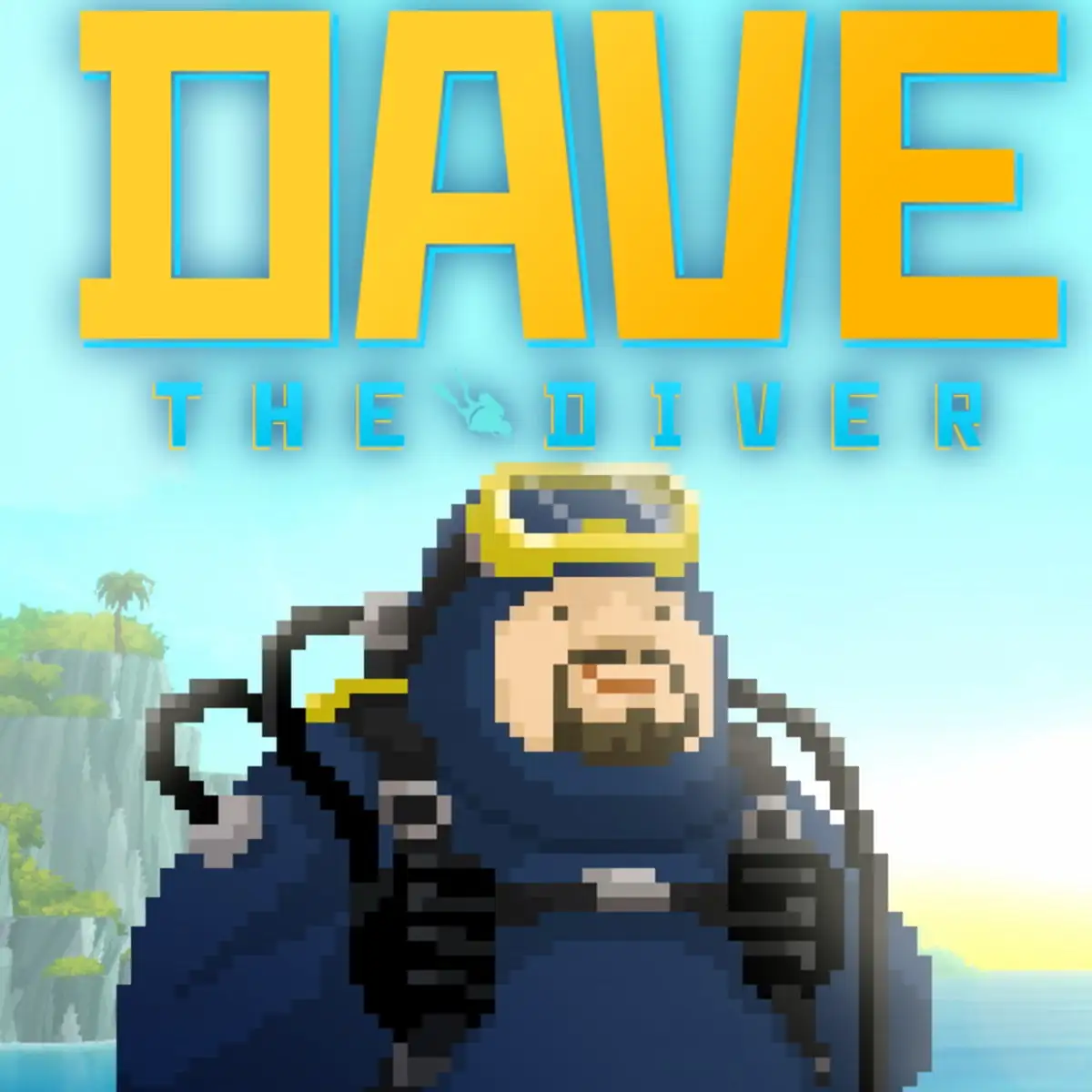
For what it’s worth, everything that’s happened to Cuba in recent years is still nothing compared to the Special Period, and they weathered that storm.
The SOS Cuba protests were very much small potatoes. There is not enough domestic unrest for the US to push a coup. And the US is already applying maximum pressure, there’s nothing more they can do other than threaten to torpedo any ship approaching the island.
I think Cuban leadership and to an extent the people of Cuba know what capitulation to the US means: a future more bleak than anything they are going through now. The islands assets will be stripped and handed to US corporations and gusanos. And there’s no way they will be allowed any sort of “democracy”, because they already have that. It would have to be some sort of US viceroyalty until the socialism is beaten out of them.
There’s no path to a better relationship with the US with Rubio, but not like a Harris administration would have offered any rapprochement either.












Comrade I say with with genuine respect, but I feel this is pessimistic beyond what the facts of the situation warrant, thus being unhelpful. Things are rough, but we are not even at Special Period levels of rough yet.